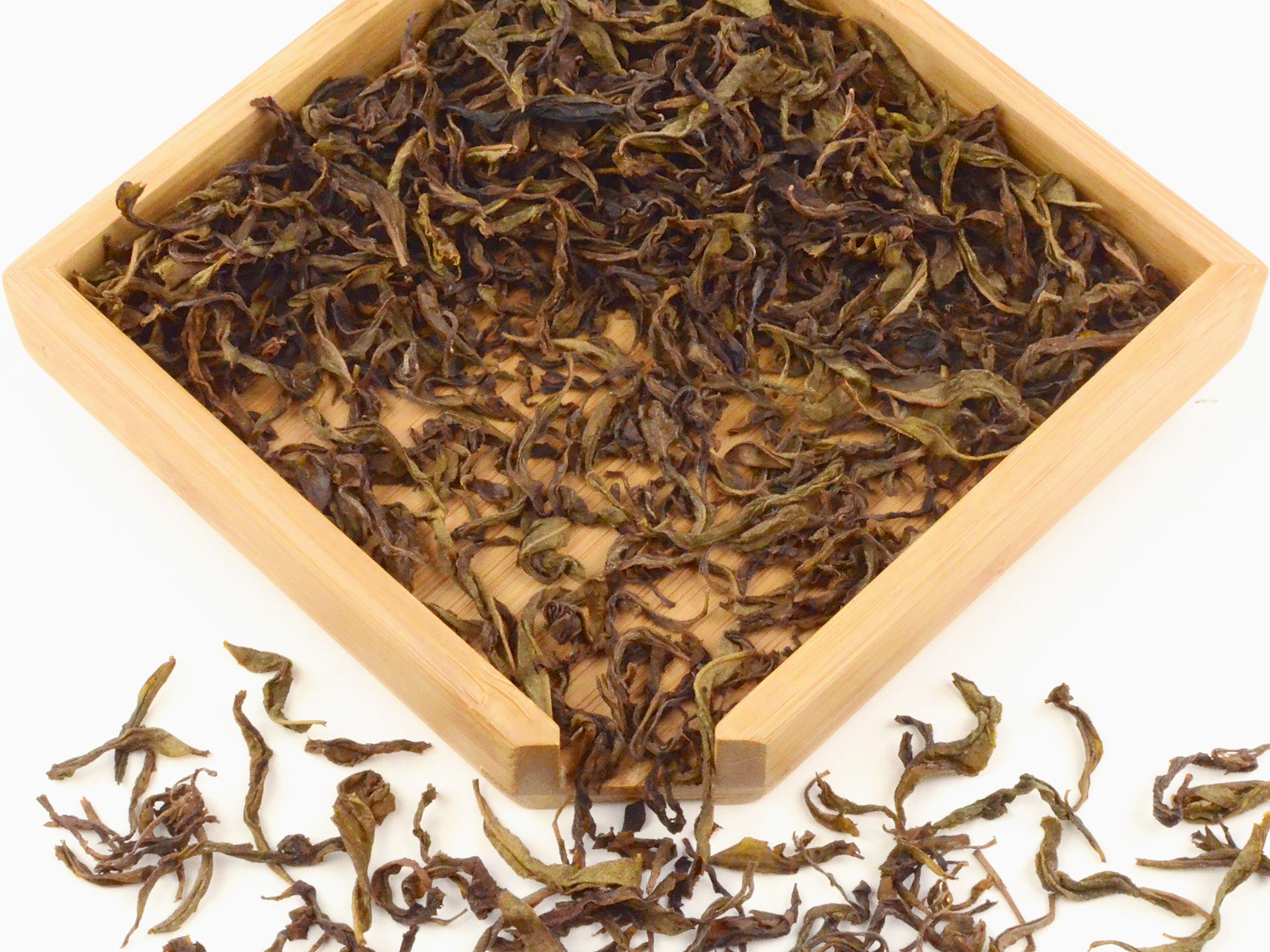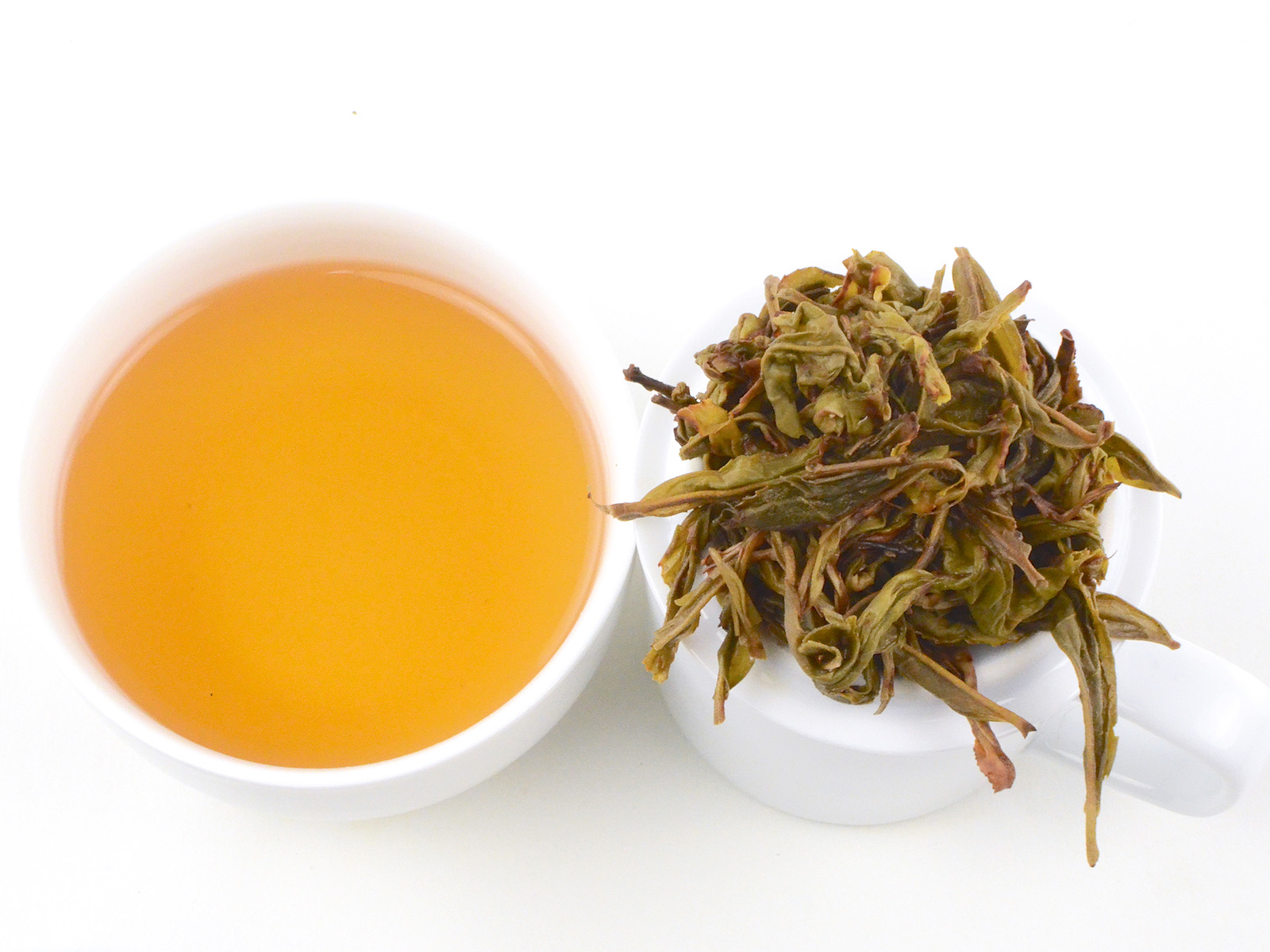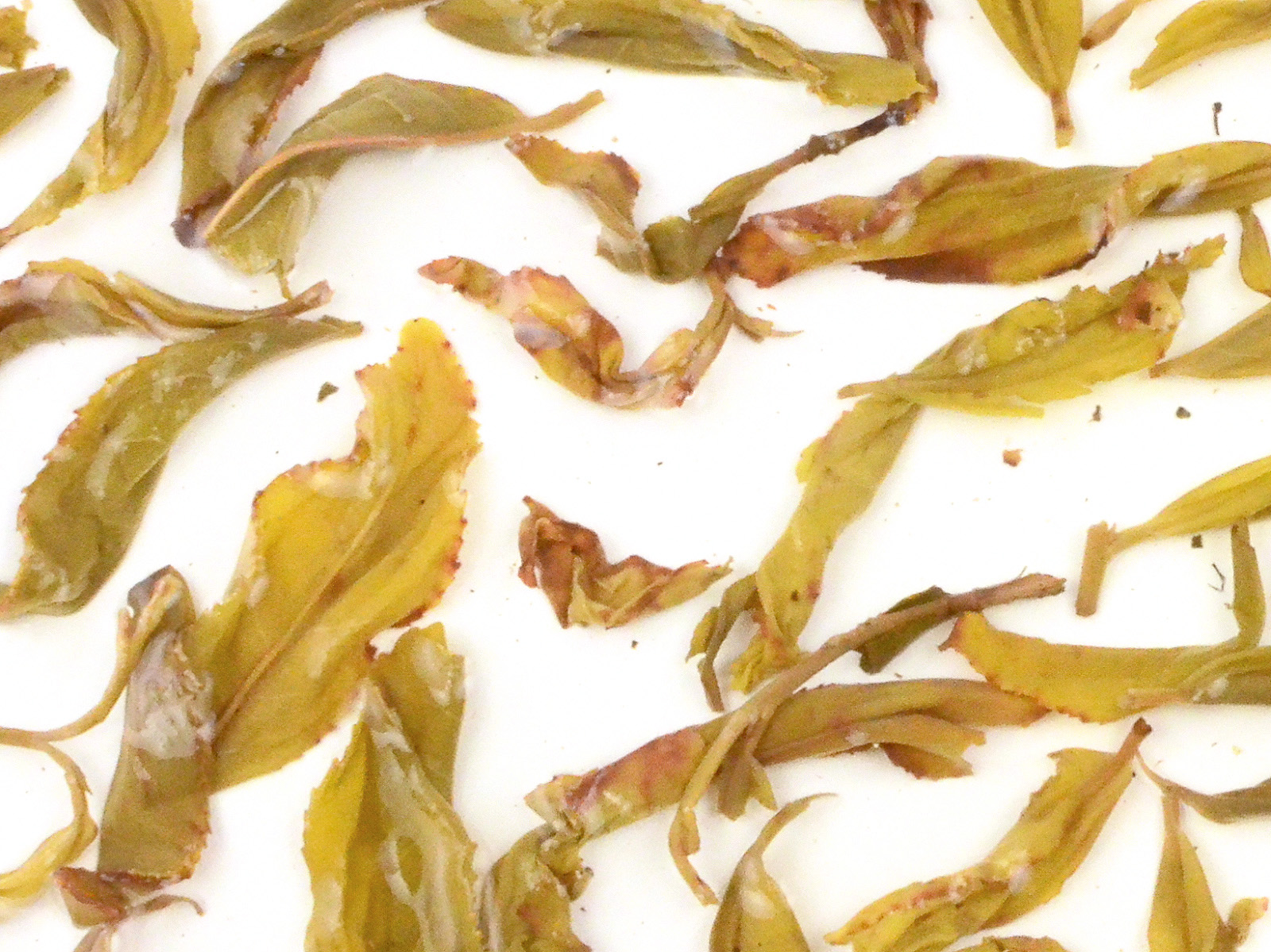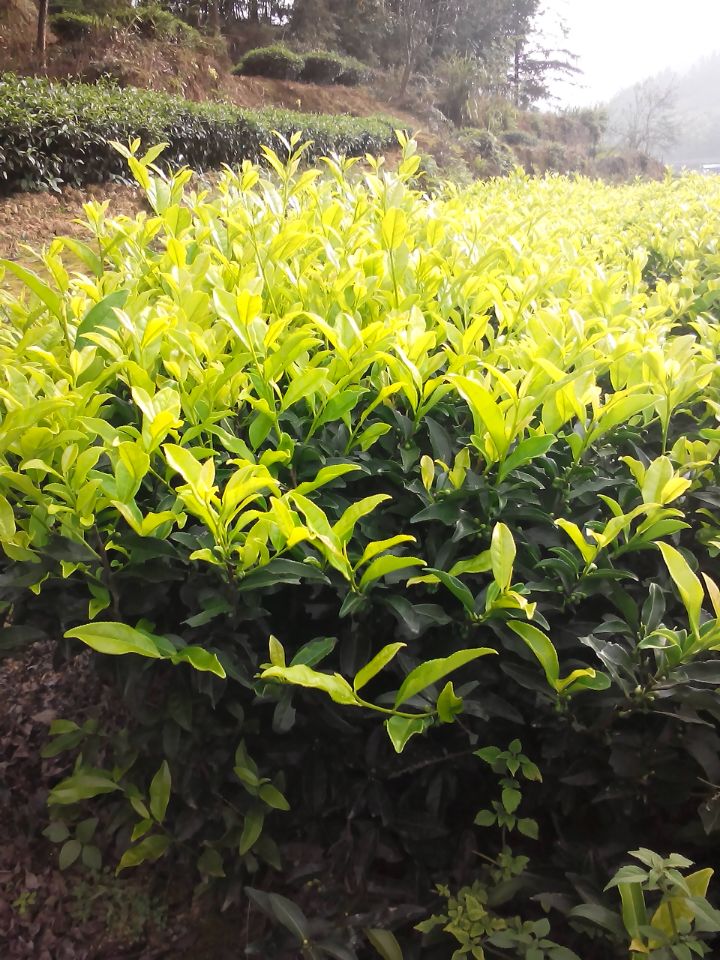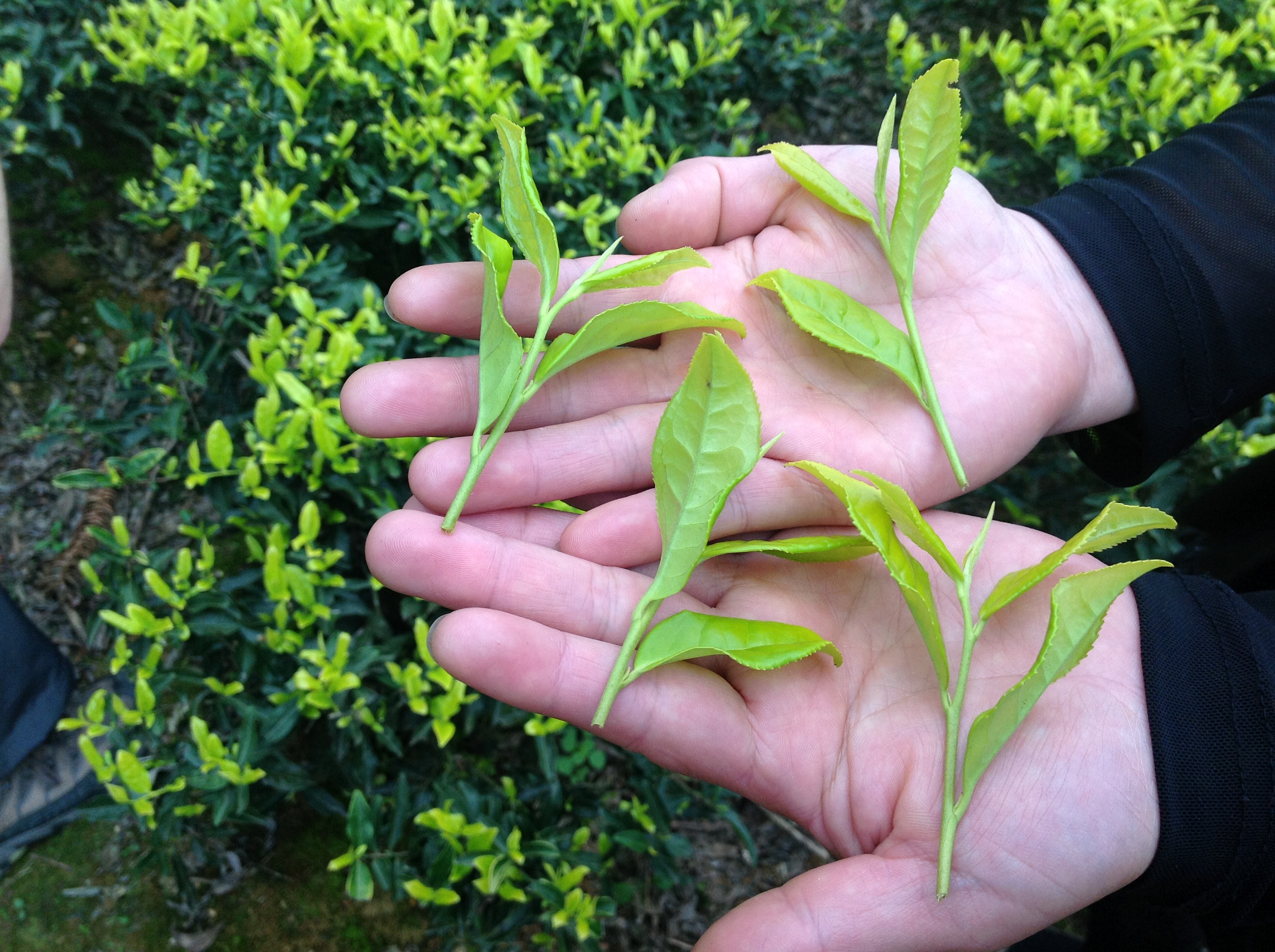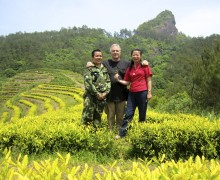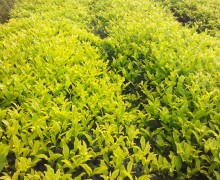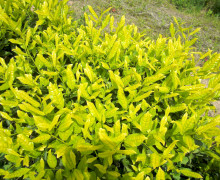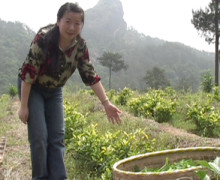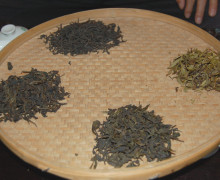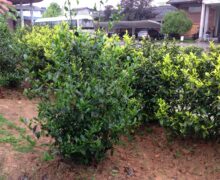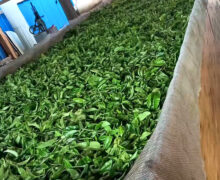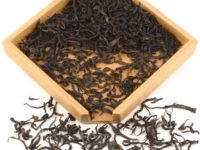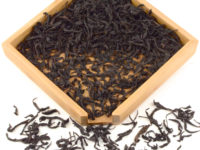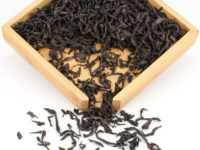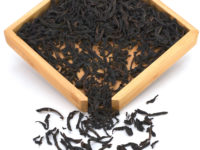Bai Ji Guan (White Rooster Crest)
Rock Wulong Tea 2022
Unique bright yellow fresh leaves with spiky edges resembling a pale rooster’s comb. Lighter roasted than most rock wulong to preserve the natural floral character. The lightest of the four famous rock wulongs, with a particularly smooth vibrant orange brew with lingering sweetness.
- 2023 $25.00
- Tea Origin
- Wuyishan City, Fujian Province, China
- Tea Bush
- Bai Ji Guan (White Rooster Crest)
- Tea Maker
- Zhou Yousheng and Huang Shiying
- Harvest Time
- Mid-May
- Plucking Standard
- Zhong kai mian
As you walk through the tea fields of Wuyishan at the end of April just when harvest season is about to begin, you can see the striking bright yellow rows of Bai Ji Guan standing out among the other green tea bushes. The shape and color of Bai Ji Guan’s leaves are what give it its namesake “white rooster crest”. The leaves posses a yellowish blush and open like the spiky crown of an old rooster. As the old legend goes, a regal old rooster met his end somewhere near a place called Hui Yuan Rock. Out of reverence for the animal, the locals buried it beneath a nearby tea bush. When the next spring came, they discovered the tea bush was now blooming with bright yellow growth. Even the finished product of Bai Ji Guan leaves appear light in color not dark like most of its rock wulong colleagues.
This tea is one of the four famous ancient varieties of Wuyi tea. The rarity of this tea, like Sparrow’s Tongue, is increased due to its low yield, small leaves, late harvest time, and large space requirement. Such traits are regarded as undesirable for commodity tea. Thus, annual production of Bai Ji Guan is very low and very little is available on the market.
In order to preserve this tea’s unique, smooth, floral character, the tea master has lightly roasted the leaves. As you infuse the tea, you’ll likely be struck by the thin and silky texture of the leaves. Upon brewing, the tea color is a clear and vibrant orange. When the leaves open during brewing, their red edges become visible, showing the slight amount of oxidation usually not visible in other rock wulong tea.
No chemical fertilizer, pesticide, or herbicide was used in the production of this tea. Click here to read more about our promise to fair trade and the environment.

